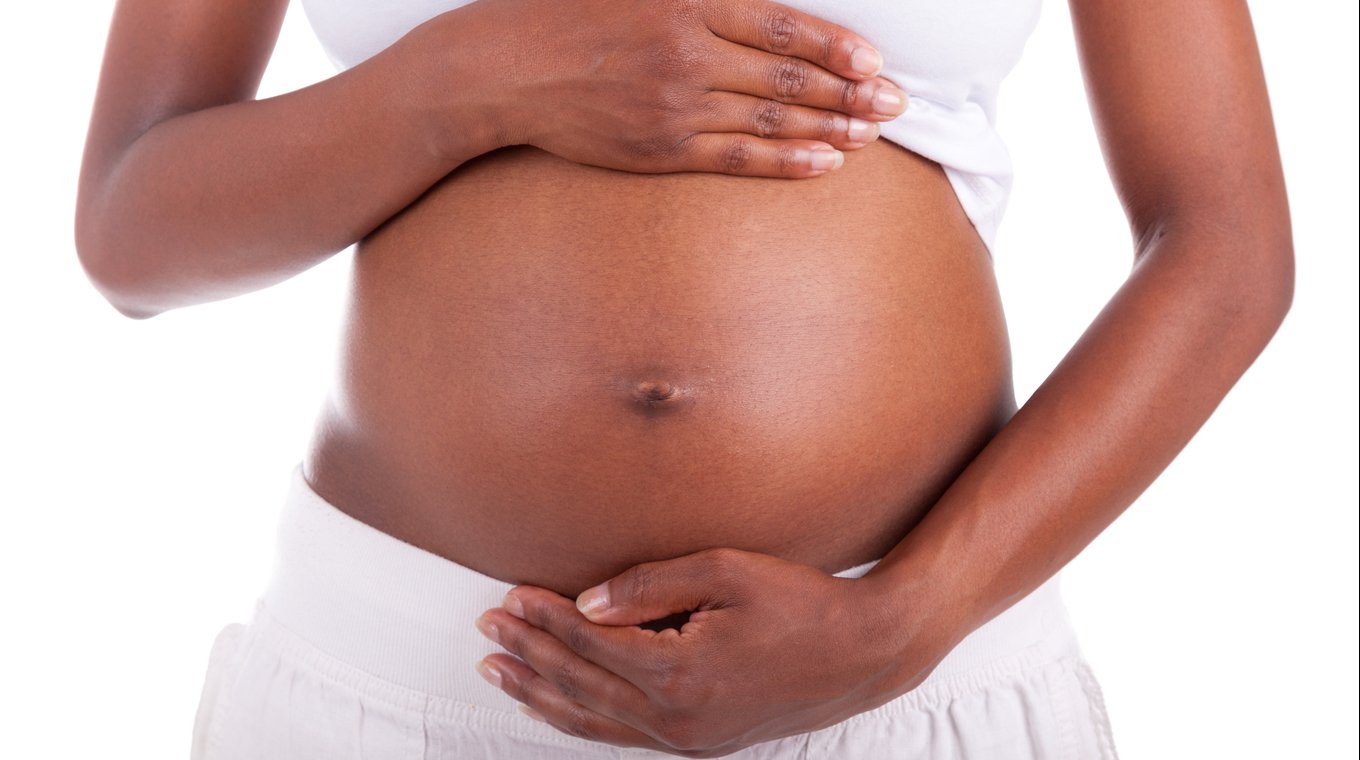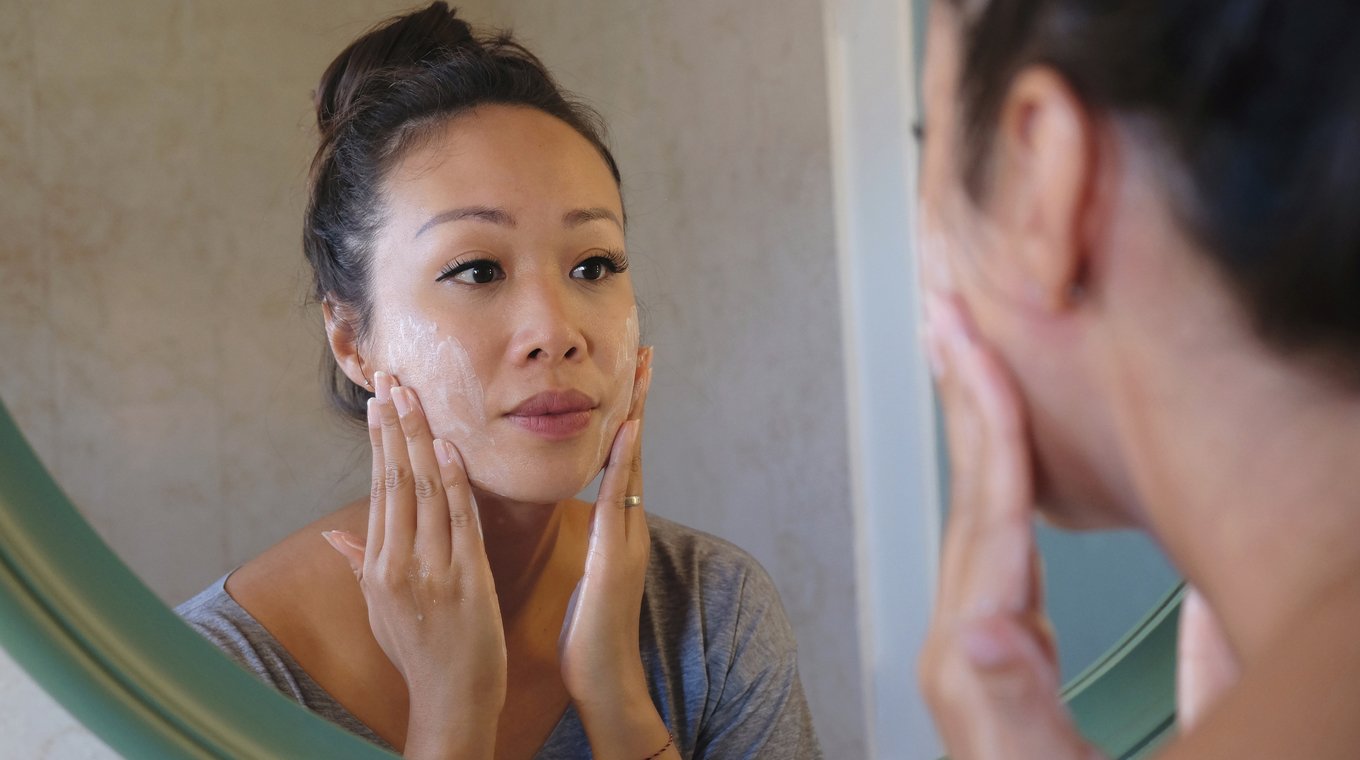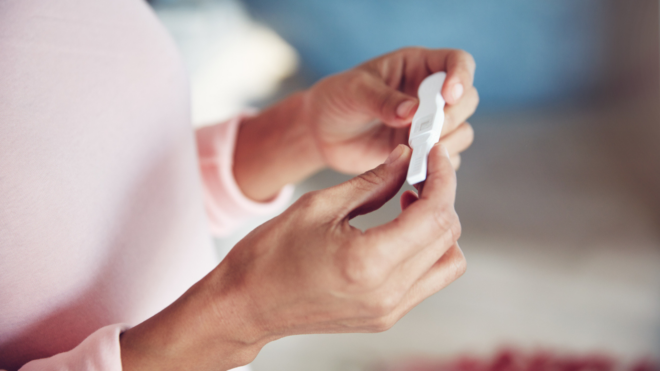In this article
Pregnancy brings about a variety of changes to your body, your mood, your lifestyle, and yes, unfortunately your skin. During pregnancy, it can become more sensitive or even react to the elements in unfamiliar ways. With so many changes going on in your body, you may experience some pregnancy skin conditions you hadn’t bargained for. Here are some issues to watch out for and tips on how to keep your skin as healthy and blemish-free as possible.
Pregnancy skin conditions to watch out for

Dealing with dry skin when pregnant is probably not at the top of your list of things you thought you’d need to worry about. During pregnancy, irritants that may not have affected you in the past can cause bothersome pregnancy skin conditions.
Fabrics, soaps, and detergents are the biggest offenders. In warmer months, increased sweat can cause prickly heat rash or blocked sweat glands. Wear airy, breathable fabrics when possible and consider switching to bamboo bedsheets to keep the air flowing.
Itchy skin during pregnancy can also be a nuisance due to stretching belly skin, as your little one grows and develops. Added weight and pressure can also lead to circulation issues in your lower extremities. Varicose veins and spider veins can become itchy and uncomfortable.
If this affects you, ask your doctor if you’re a good candidate for compression socks. They can help relieve pain and pressure and increase blood flow to your legs. Also be sure you’re staying on top of your prenatal vitamins and getting enough B vitamins and iron in your diet.
Watch for itchy skin without a rash that cannot be remedied with creams, especially in the latter part of your pregnancy. Intrahepatic cholestasis of pregnancy (ICP) is a liver disorder that can have devastating consequences. See your doctor if you notice jaundiced skin or the itching does not let up.
Another of the common pregnancy skin conditions to look out for occurs in approximately 1 out of every 150 pregnancies. Pruritic urticarial papules and plaques of pregnancy (PUPPP) occurs when fetal cells invade your own skin cells, usually on the stomach, thighs, buttocks, arms, and legs. PUPPP can be treated with topical corticosteroids and often dissipates after delivery.
How to combat acne from pregnancy

During pregnancy, many expectant parents experience acne related to a rise in hormone levels. Elevated hormones can result in an increase in oil production, especially during the third trimester. The same hormones that ready the cervix for labor work overtime and can throw everything else off-kilter. Similarly, stress around the unknown — so common during pregnancy — can increase hormone levels thus triggering breakouts.
It is a common misconception that skin is only clean when it is completely stripped of oil. However, nothing could be further from the truth. When we use harsh chemicals to dry out the skin, our skin overcompensates and creates more oil. This can lead to clogged pores and pimples. It’s a never-ending cycle.
One option that works well for some is the oil-cleansing method (OCM), whereby cleansing oil is used to clear out impurities while simultaneously nourishing and moisturizing the skin. The brand DHC offers a number of skincare products utilizing organic olive oil. However, you can likely find similar oils — olive, avocado, and jojoba — in your favorite specialty market.
Your best bet to combat pregnancy skin conditions like acne is to be sure you’re staying hydrated and eating right. Various studies performed by the American Academy of Dermatology Association indicate that following a low-glycemic diet may reduce acne. So load up on fresh fruit, vegetables, steel-cut oats, and beans for optimal skin.
Pregnancy-safe skincare

“I always recommend that our pregnant patients check with their OB with regard to any product that they use. This is because everything you apply or come into contact with may affect not only you but your baby,” board-certified dermatologist Avery Kuflik advised. “During pregnancy, it is always wise to avoid products that contain retinoids or salicylic acids.”
There are a number of skin care ingredients to avoid while pregnant or breastfeeding, including oral acne medications containing Accutane — which can cause birth defects — or antibiotics like Doxycycline and Tetracycline, known to affect your baby’s dental health.
“Since I can’t use my usual retinoids to speed cell turnover and promote collagen production (the stuff that keeps your skin plump and young-looking), I have been relying on totally safe glycolic acid and lactic acid to keep me glowy,” mom of three Kathleen Jennings said on her eponymous website. “These acids exfoliate the skin, helping skincare products penetrate better, making pores appear smaller, and keeping dark spots at bay.”
To avoid annoying pregnancy skin conditions, it’s best to seek out nontoxic beauty products. Opt for safe ingredients like lactic acid or alpha-hydroxy acids (AHA) to keep skin smooth and exfoliated. Mineral-based sunscreens and moisturizers containing hyaluronic acid are the safest options when pregnant or breastfeeding your baby.




